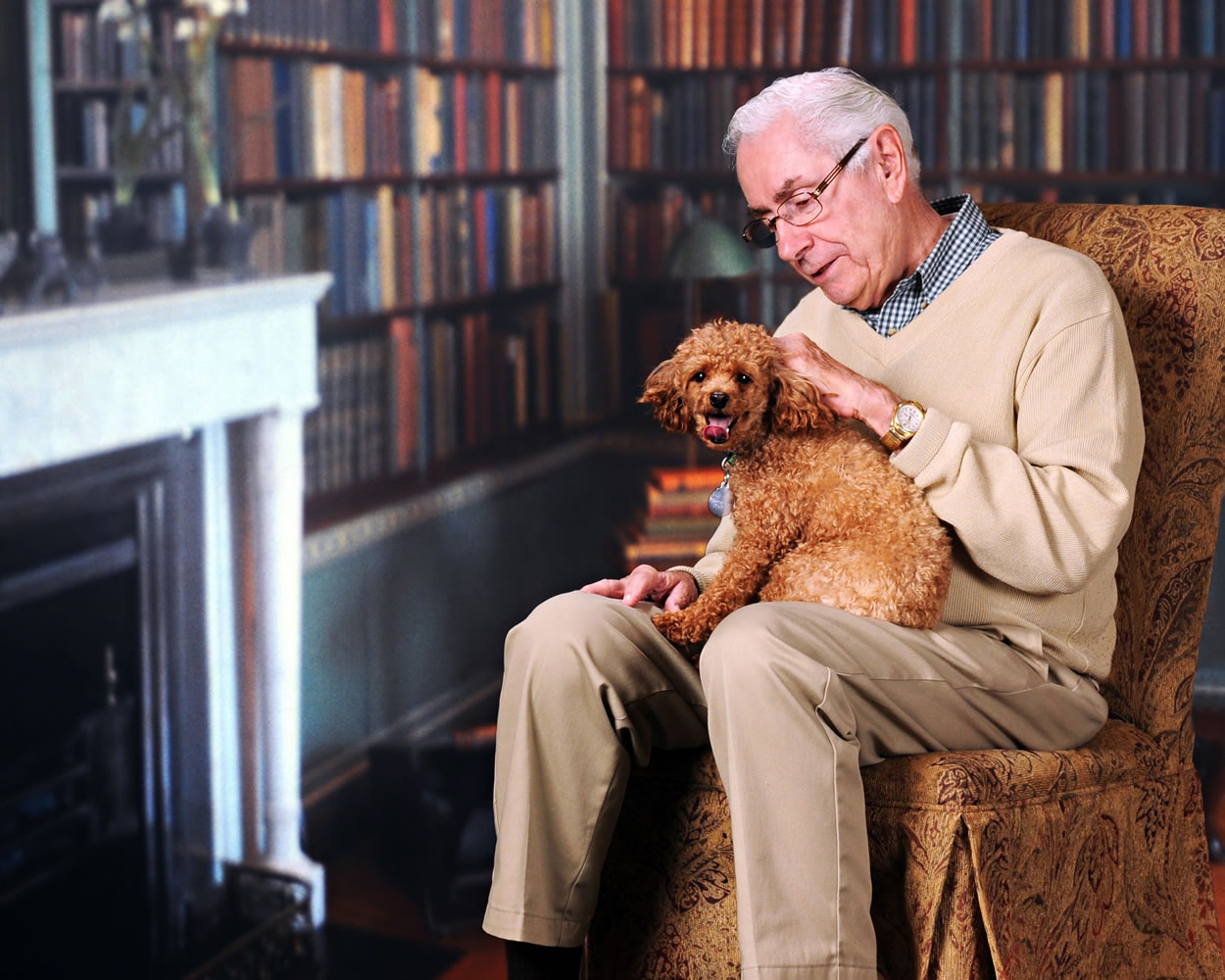RALEIGH, N.C. — Four years ago, Pam Miller went to the home of a woman who was dying of cancer. The woman had lived a full life and was in home hospice care. She was no longer aware of her surroundings, which meant it was time for Miller to come for her cats.
The cats were nervously hiding under couches, and Miller admits she felt sad taking them from the house before their owner passed. (Two days later, the woman died.) Miller took the cats to SAFE Haven For Cats, a Raleigh nonprofit, non-euthanasia cat shelter and adoption agency she founded 23 years ago and has run since. Eight weeks after removing the cats, Miller reports with satisfaction, they were in new homes.
Miller doesn’t want to think about what would have happened to the animals otherwise. “In a (traditional) animal shelter, the older cats, any cat with a medical issue, a cat that may not be quite perfect … most of the time they end up dying,” she says.
One way pet owners can prevent that is to take the steps those cats’ first owner did: She included her pets in her estate planning, and Miller was simply fulfilling her wishes. Taking in and finding new homes for the pets of the recently departed is something SAFE Haven does relatively often — granted there’s a plan and funds set aside.
It takes preparation, and it isn’t necessarily cheap, but more and more people are making assurances that their animals will be taken care of after the owners die.
It’s a sacred trust, says Miller, and she is honored to take it on.
“It comes up every week,” she says. “There are a lot of people who don’t have kids. There are people whose kids are all over the country or are overseas. There are people whose kids are allergic to cats.”
In the fallout from a loved one’s death, too, there are so many things to take care of — the funeral, the house, and all the usual arrangements that come along with the grief — that it’s easy to forget that something needs to be done with the pets.
To that end, Miller says, put a card in your wallet. It should say how many pets you have and where they are, and it should include the numbers of a vet, a pet-sitter and a trusted friend to whom you’ve spoken about caring for your pets in case the worst happens. Anyone can do this.
If you have the means to leave a trust for your pets, talk to a lawyer with experience in pet trusts. Shirley Diefenbach, a member attorney at the Durham, N.C., law firm Walker Lambe, works with SAFE Haven regularly and holds two information sessions annually on estate planning for pets.
“When I talk in a group setting, inevitably people who don’t have pets will chuckle a little bit when you introduce the concept,” says Diefenbach. But she says she works with a few people monthly who want to leave a trust fund for their pets.
Pets, being animals, can’t legally inherit money as a child, niece or nephew could. Diefenbach explains it in terms of beach houses. If you have a vacation home you want taken care of for the next 30 years, she says, you put your money in a trust to pay for the expenditures of that property. A pet trust is similar, but the money goes to the care and feeding of the pet. After the animal dies, the remainder can go to a person or to a nonprofit, though some pets live longer than others (Diefenbach recalls one trust she did for a parakeet with a hundred-year life expectancy).
Finding an attorney who knows how to include pets in an estate plan isn’t the hardest part, says Claudia Mangel of Chapel Hill, N.C., though finding the right lawyer can take a little effort. Mangel wants to be sure her two dogs, older mixed breeds with chronic medical needs, are provided for and kept together. It’s essential, then, that she work with a lawyer who understands and is responsive to this need.
“I had asked our estate planning attorney if he had a dog, and he recounted in detail how his dog had just emerged from two weeks in the ICU of their veterinary hospital and was finally doing better,” Mengel says. “So I knew our attorney would understand why we wanted to plan for the long-term care and well-being of our dogs after we could no longer care for them.”
In Mengel’s trust, it’s her veterinary hospital that’s the trustee. There’s enough money in the trust to provide for boarding and medication until the two can be adopted together. If anything remains in the trust after her dogs pass, that amount goes to help homeless dogs get adopted.
But this isn’t just an end-of-life decision. Couples of all ages, Miller says, ask about providing for their pets. James Smith and his wife, Irena, are in their early 50s, and they travel often. What would happen to their five cats, the Durham couple wondered, if their plane goes down? They have no children and no relatives live nearby.
“It’s a morbid thing to think of,” Smith admits, but he and Irena feel better with a plan in place.
The Smiths have been SAFE Haven volunteers and annual donors since 2007, so it made sense to approach Miller about it. She helped them work out a plan. If anything happens, their animals go to SAFE Haven, where the average stay between intake and adoption is two months.




